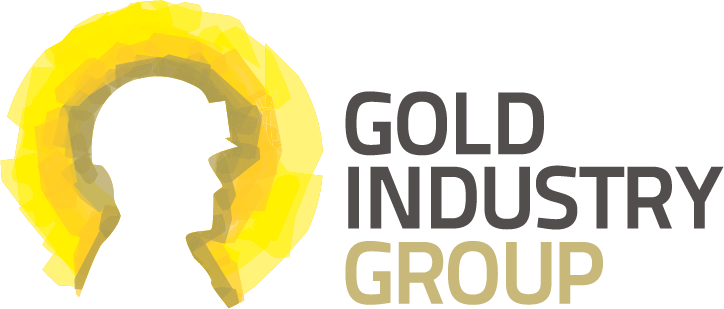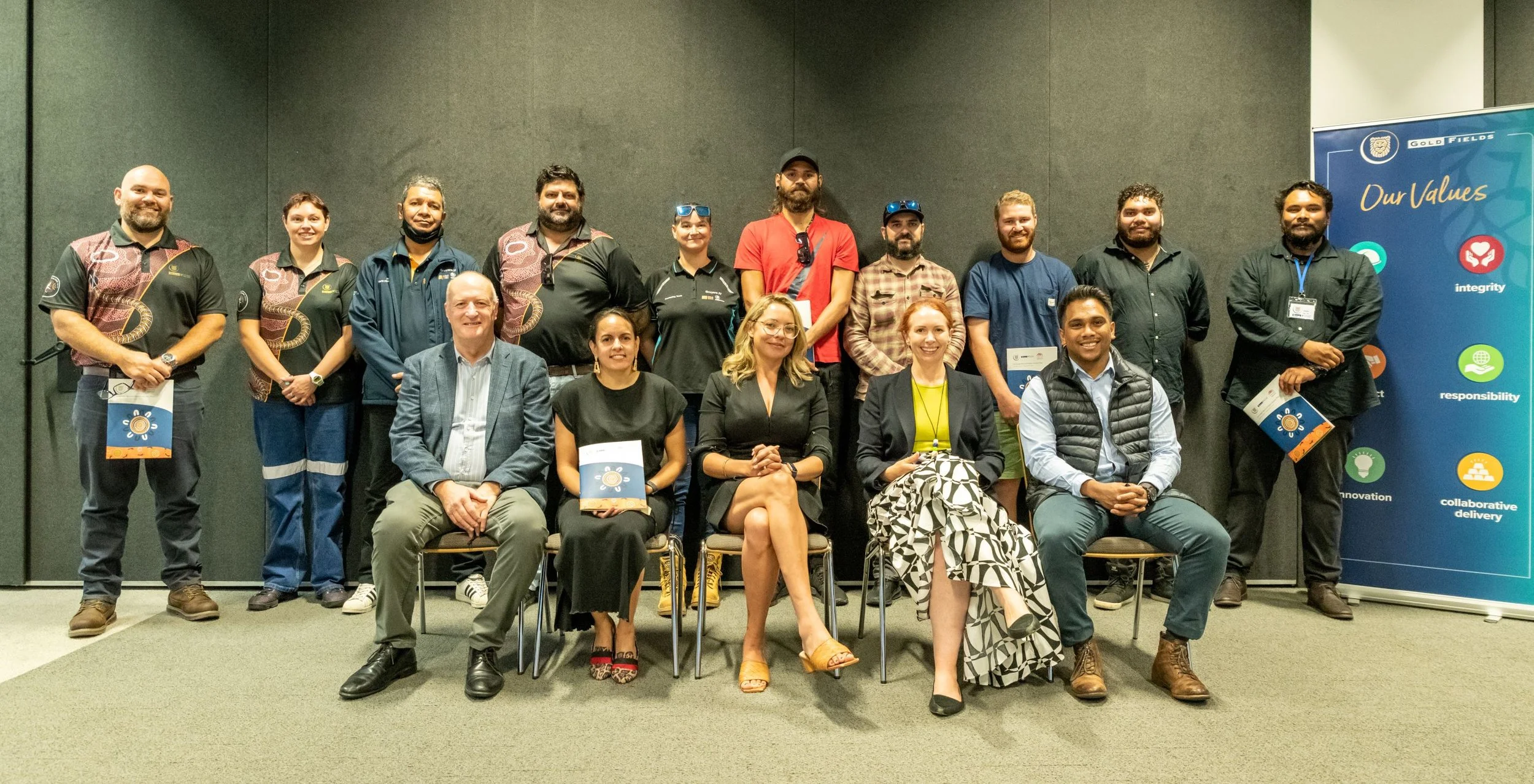We recently spoke to Gold Fields Unit Manager: Community Relations Rebecca Alston about the launch of their Innovate Reconciliation Action Plan (RAP), and what it means for the workforce and the broader Aboriginal and Torres Strait Islander community.
Tell us about your role and focus at Gold Fields?
I am responsible for the Community Relations function for our Australia region, which includes responsibility for our regional Community Investment and Aboriginal Engagement strategies, and our Reconciliation Action Plan.
What’s your favourite part of your role?
The best part of my role is definitely the people I meet and the amazing initiatives and businesses they run – I particularly love finding ways to bring different people and organisations together to achieve something unique through a collaborative approach.
You’ve recently launched the Company’s Innovate RAP, what has your involvement been?
I am privileged to be the RAP Champion for Gold Fields, so I have been heavily involved in developing the Innovate RAP in conjunction with a broad team of RAP supporters across our sites. Responsibility for the overall delivery of the RAP sits with me, but we have key stakeholders and contributors all across our business and our activities over the Innovate RAP will involve every single Gold Fields employee. So very much a team effort!
What does the RAP mean to you?
The RAP means many different things to me. It encourages us to acknowledge and discuss the complicated history of Australia, and ensures people can embark on a journey that is safe and respectful to everyone involved. It also means we join a national network of people striving to achieve positive outcomes for our First Australians, which creates a great energy for collaboration and innovation in this space. But most significantly, it encourages cultural exchanges between people and groups that otherwise may not ever occur, which is a rich and rewarding experience for everyone and so essential for bringing everyone along on the journey.
What benefits will the RAP provide for Aboriginal and Torres Strait Islander Peoples?
The Innovate RAP is known as the ‘implementation’ RAP, so there are a number of initiatives that will promote opportunities for Aboriginal and Torres Strait Islander peoples at Gold Fields within training and employment, business development, cultural learning and community and social wellbeing programs.
What initiatives in the RAP are you most looking forward to delivering?
It is hard to only pick a few, but there are some partnerships being developed to support social and community wellbeing outcomes that will be a great support to our Goldfields communities, you’ll have to watch this space! From an internal perspective, there will be a lot of cultural learning activities across our sites and the region as a whole – I have been very lucky throughout my career to participate in many cultural learning activities across WA and I am excited that we can make that happen for people who have never been exposed to Indigenous Australian cultures before.
What are you most proud of?
The moments where I am able to facilitate someone having a really transformative experience, such as attending a cultural learning session for the first time, where you can see their whole point of view change and their interest ignited. Those are great moments!
How have the workforce been involved with the RAP?
There are different levels of involvement across the business – everyone participates in foundational cultural learning activities, but then there are the many people directly involved in the various initiatives being implemented across the business. The leadership teams at all of our sites are all very involved and supportive, which is critical to the success of the RAP.
What has been the impact on the workforce and community?
People are genuinely interested in the RAP – the framework is pretty well known now on a national level and it gives people a starting point to find out more about what they can be involved in and what the business is focusing on. Employees are interested to find out more about the different groups that are significant to each of our sites, and feedback from the broader community is really positive as well.
What advice would you give to those considering a career in gold mining?
I’d say absolutely go for it. The resource industry is unique in that we have the opportunity for direct dialogue and collaboration with local communities in a way that supports a genuine exchange of ideas and cultural learning. We have the opportunity to leverage our resources in ways that empower and support local people and organisations, and create long-term value that we hope will continue long after we are gone.
What do you do in your spare time?
My husband and I have a very active two year old who keeps us on our toes, and we have a small rural property that we try and escape to as much as possible. We are both country people and love that feeling of being ‘back on the farm’.

